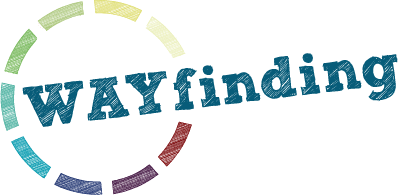| Anne Williamson |
I haven’t been feeling particularly spiritual lately. No high-brow thoughts of g/God or the meaning of life. No extraordinary moments of awe or generosity. Instead, my thoughts linger on the ordinary: what to fix for dinner, household projects and preparation for baby #2, how to motivate myself to walk more, game nights and favorite TV shows. As my emotions fluctuate from joy to sadness, loneliness to connection, anger to peace, I don’t feel at all “enlightened”; I feel deeply human.
Recently, I watched a TED Talk by Krista Tippett on reconnecting with compassion. I liked it so much it’s kick-starting this week’s group discussions. In it, Tippett explains how our connection with compassion has been “deadened by idealistic images.” We are more apt to equate a life of compassion with saintliness and perfection rather than flawed humanity.
The trouble with this tendency is flawed humanity is the truth; it’s our truth. Consequently, many of us dabble in compassion but think consistent play is for the experts and authors only. We look at the breadth and depth of the world’s problems – alongside our own long “to-do” lists – and believe what we can offer is not enough. I feel this way. But, Krista Tippett paraphrasing L’Arche** founder, Jean Vanier, says, “Compassion is rarely a solution but a sign.”
This is freeing. The world, of course, needs solutions but it also needs signs. Our nation needs signs… signs that we can move compassionately toward one another rather than stay shell-shocked in our own camps. It’s freeing when, because it’s cold or we’re “nesting” or depressed or scared or sick or simply overwhelmed by the daily lists, compassion as grand action feels distant. In these moments, we can remind ourselves that small acts of compassion are an opening, a sign, enough. We can let it be enough and simply see where it takes us.
**L’Arche communities in the United States provide homes and workplaces where people with and without intellectual disabilities live and work together as peers; create inclusive communities of faith and friendship; and transform society through relationships that cross social boundaries.
